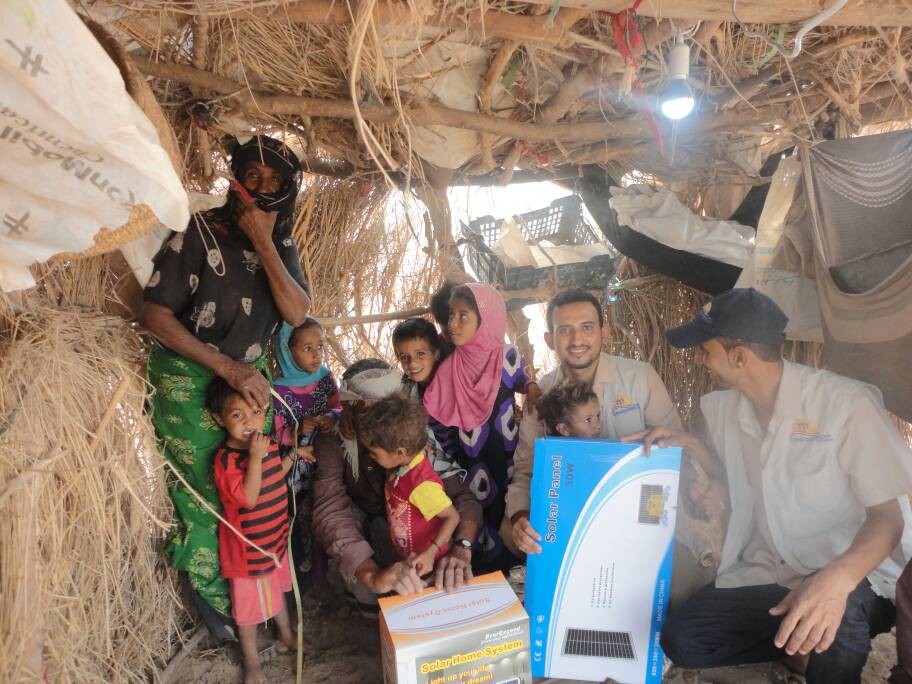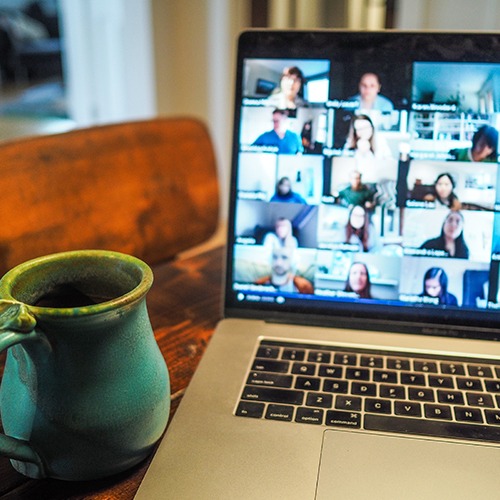COVID-19: Exposing the Fragility of SDG Progress
Despite it being over a year since the first case of COVID-19 was detected, the pandemic is far from over. Dramatic and unexpected changes have affected all walks of life, but what impact will these changes have on progress towards the Sustainable Development Goals (SDGs)?
Over 2 million lives have been lost due to COVID-19, and exacerbating the grief caused by this unexpected loss of life is the impact this pandemic has had on local and global economies worldwide.
The pandemic has pushed crucial social, economic and environmental development targets beyond reach, and there are less than 10 years left to achieve the 17 Global Goals. It is more crucial than ever before that we maintain momentum towards the SDGs.
SDG 2: Zero Hunger
The Global Report on Food Crisis emphasised the importance of keeping ‘critical food supply chains operating so people have access to life sustaining food’. Even before the pandemic 135 million people lived under food crisis conditions. COVID-imposed lockdowns, trade barriers and export bans have increased fears about food insecurity in poorer nations and have made clear the fragility of global food supply chains.

A WFP plane being loaded in South Sudan
Countries like South Sudan and Yemen have been identified as the areas of highest concern by the Famine Early Warnings System Network – in Yemen today over 17 million people are in need of humanitarian food assistance.
According to the World Food Programme, COVID-19 risks doubling the number of people suffering from acute hunger to over 260 million – a change which threatens to reverse progress towards SDG 2: Zero Hunger.
However, in fragile states disruption to food supplies doesn’t only result in food insecurity – it also risks provoking conflict over resources, resulting in greater human insecurity and restricting progress towards SDG 16: Peace, Justice and Strong Institutions.
SDG 10: Reduced Inequalities and SDG 3: Health and Wellbeing
There are huge disparities in countries’ ability to cope with and recover from COVID-19. The pandemic has intensified inequalities within and amongst countries by striking the poorest and most vulnerable the hardest. In many countries, protracted conflict and civil unrest compounded by mismanagement or corruption have left health systems unprepared and ill-equipped for a pandemic.
In a country with over 30 million people, Yemen only had 3 doctors and seven hospital beds per 10,000 people before the pandemic. Only half of Yemen’s healthcare facilities are fully operational, and two thirds of Yemenis have no access to basic healthcare. To date there are 2,115 cases and have been 612 deaths in Yemen, but lack of accurate reporting suggests figures are much higher.

Solar panel installation in Yemen
Likewise, Gaza’s 2 million population resides in an area of 365 square kilometres. The territory’s healthcare system has been weakened by years of blockade and was ill-equipped long before COVID-19. 80% of Gaza’s 100 ventilators were already in use at the end of 2020. So far there have been over 14,000 reported cases of COVID-19 in Gaza and the numbers and deaths are projected to rise exponentially.
The 2 million refugees in Gaza and the 3.6 million Internally Displaced Persons (IDPs) in Yemen, and the world’s 75 million other displaced people who are fleeing instability and conflict, are also at risk. Often living in overcrowded conditions with limited access to basic healthcare or sanitation, displaced populations struggle to follow the recommended precautions of social distancing, washing hands and wearing facemasks to prevent the spread of the virus. Their marginalisation and lack of state protection has meant their needs and health security are neglected.
Access to healthcare is a fundamental human right and underscores SDG 3 for Good Health and Wellbeing. But significant inequalities within and between countries, has left access to healthcare a privilege for the few. With COVID-19 expected to leave many healthcare systems fragile or collapsed, it will likely take longer than 10 years to eliminate inequality and achieve good health for all.
SDG 5: Gender Equality
Strides have been made in recent decades towards women’s empowerment, but the pandemic’s consequences are predicted to set hard won progress back by decades. The pandemic has had a disproportionate impact on women: entrenched gender discrimination, greater socio-economic vulnerability and overrepresentation in healthcare work has meant greater exposure and increased precarity. Women who are overrepresented in the informal sector have little recourse to social protection or unemployment assistance and will suffer the brunt of increasing unemployment. This threatens progress towards target 8.5 of SDG 8: Decent Work and Economic Growth, that sets the objective to ‘achieve full and productive and decent work for all women and men’.
Stress over health or income, accentuated by the confined conditions of lockdown have resulted in have resulted in increased levels of domestic and gender based violence, leaving women vulnerable in their own homes. This specifically counteracts SDG target 5.2, to ‘Eliminate all forms of violence against all women and girls in the public and private spheres’.

Covid-19 is having a disproportionate impact on women
The Role of the Private Sector
The private sector can play an indispensable role in helping the world build back better. The private sector provides 9 out of 10 jobs in developing countries which gives it an important role in stimulating their economies and generating the wealth needed to recover from COVID-19 and support progress towards the SDGs.
The need for businesses to become more sustainable has never been clearer – being proactive, adaptable and sustainable is necessary for long-term success. Integrating the SDGs into a company’s daily operations provides a key starting point.
The SDGs are anticipated to generate at least US$12 trillion worth of market opportunities by 2030, by identifying and mitigating risks to people and the planet, and by providing new products and services supporting sustainable development. And these are benefits that businesses can reap for themselves.
Now is the Time
This pandemic has laid bare the failures in our global systems and exposed the fragility of the progress we had won towards sustainable development. However, despite there only being a decade until 2030, collaboration, effort and dedication can allow us to recover the progress lost.
In the words of Antonio Guterres, “We need to turn the recovery into a real opportunity to do things right for the future.” COVID-19 has brought with it invaluable lessons that we can embrace and use to make crucial improvements in the way we approach sustainable development. Now is the time to fix the wrongs and set a fresh standard of ongoing and productive action so that we can achieve the goals we committed to back in 2015.



